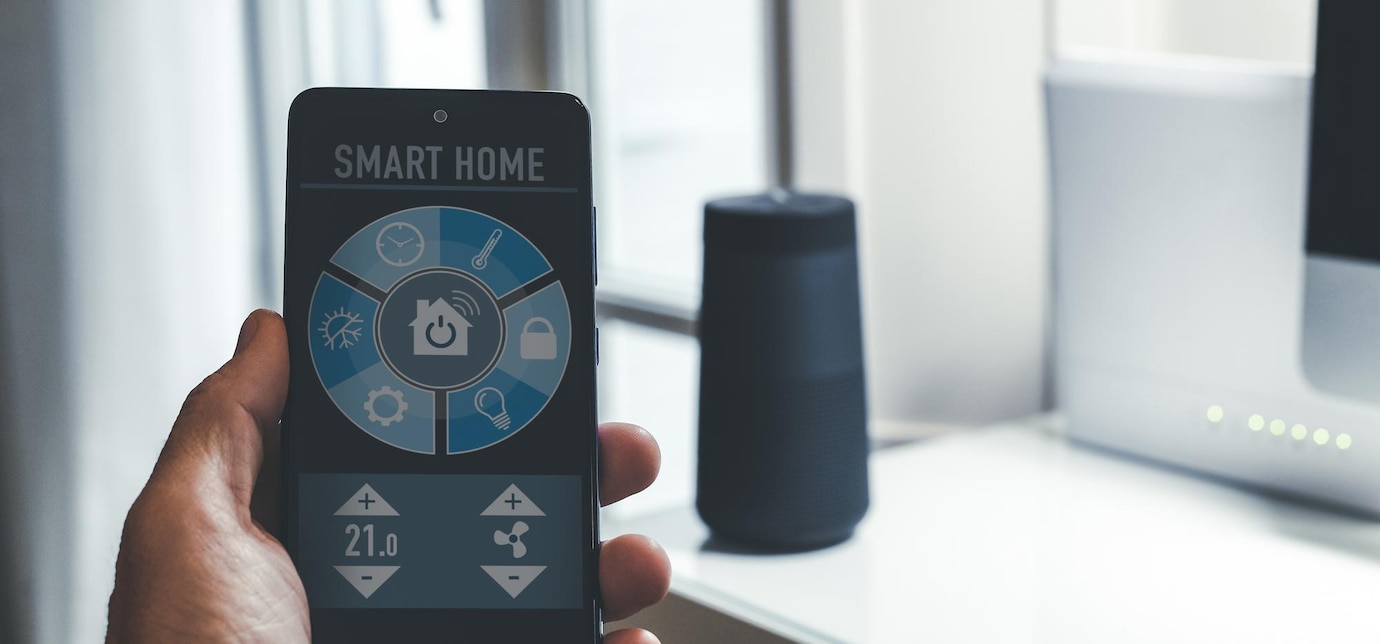The Future of AI on Smartphones
Artificial Intelligence (AI) has become a transformative force across industries, and its integration into smartphones is shaping the future of mobile technology. From enhancing user experiences to enabling groundbreaking applications, AI is redefining what smartphones can do.

The Role of AI in Smartphones
AI in smartphones refers to the integration of machine learning, natural language processing, and other intelligent algorithms to improve functionality, efficiency, and user experience. Modern smartphones leverage AI to handle tasks that were once considered science fiction, such as real-time translation, advanced photography, and predictive personalization.
Key Features of AI on Smartphones
- Enhanced Photography: AI algorithms optimize photos by adjusting lighting, identifying subjects, and enhancing colors in real time. Features like portrait mode and night photography rely heavily on AI.
- Voice Assistants: Virtual assistants such as Siri, Google Assistant, and Alexa use AI for natural language understanding, enabling seamless interactions and smart recommendations.
- Personalization: AI analyzes user behavior to offer personalized suggestions, such as app usage patterns, content recommendations, and adaptive battery management.
- Security Features: AI-driven facial recognition and fingerprint scanning improve security while making authentication faster and more reliable.
- Real-Time Translation: AI-powered apps and features enable real-time language translation, breaking down communication barriers.
Applications of AI in Smartphones
- Health and Fitness: AI monitors physical activity and health metrics through smartphone sensors, providing personalized wellness insights.
- Gaming: AI enhances mobile gaming by offering realistic graphics, adaptive difficulty levels, and improved performance.
- Productivity: AI tools like smart calendars, email categorization, and document scanning streamline everyday tasks.
- Accessibility: AI-powered features such as screen readers, voice commands, and visual recognition help make smartphones more accessible to users with disabilities.
Challenges in AI Integration
- Data Privacy: AI requires vast amounts of data, raising concerns about user privacy and data security.
- Battery Consumption: AI processes can be resource-intensive, leading to increased battery usage.
- Cost: Incorporating AI technologies can drive up the cost of smartphones, making them less accessible to some users.
The Future of AI on Smartphones
As AI continues to evolve, its impact on smartphones will only grow. Emerging trends include:
- On-Device AI Processing: Shifting AI computations to the device rather than relying on the cloud will improve speed, privacy, and efficiency.
- AI-Powered AR and VR: Smartphones will deliver more immersive augmented and virtual reality experiences with the help of AI.
- Advanced Health Monitoring: Future smartphones may serve as comprehensive health monitoring tools, leveraging AI to detect early signs of illness.
Conclusion
AI on smartphones is not just a technological advancement; it is a revolution that is reshaping how we interact with our devices and the world. From making daily tasks more convenient to enabling futuristic applications, AI is at the heart of modern smartphone innovation. As this technology continues to mature, the possibilities are limitless, promising a smarter, more connected future for all.
Stay tuned as we explore the exciting developments in AI and its impact on mobile technology.













